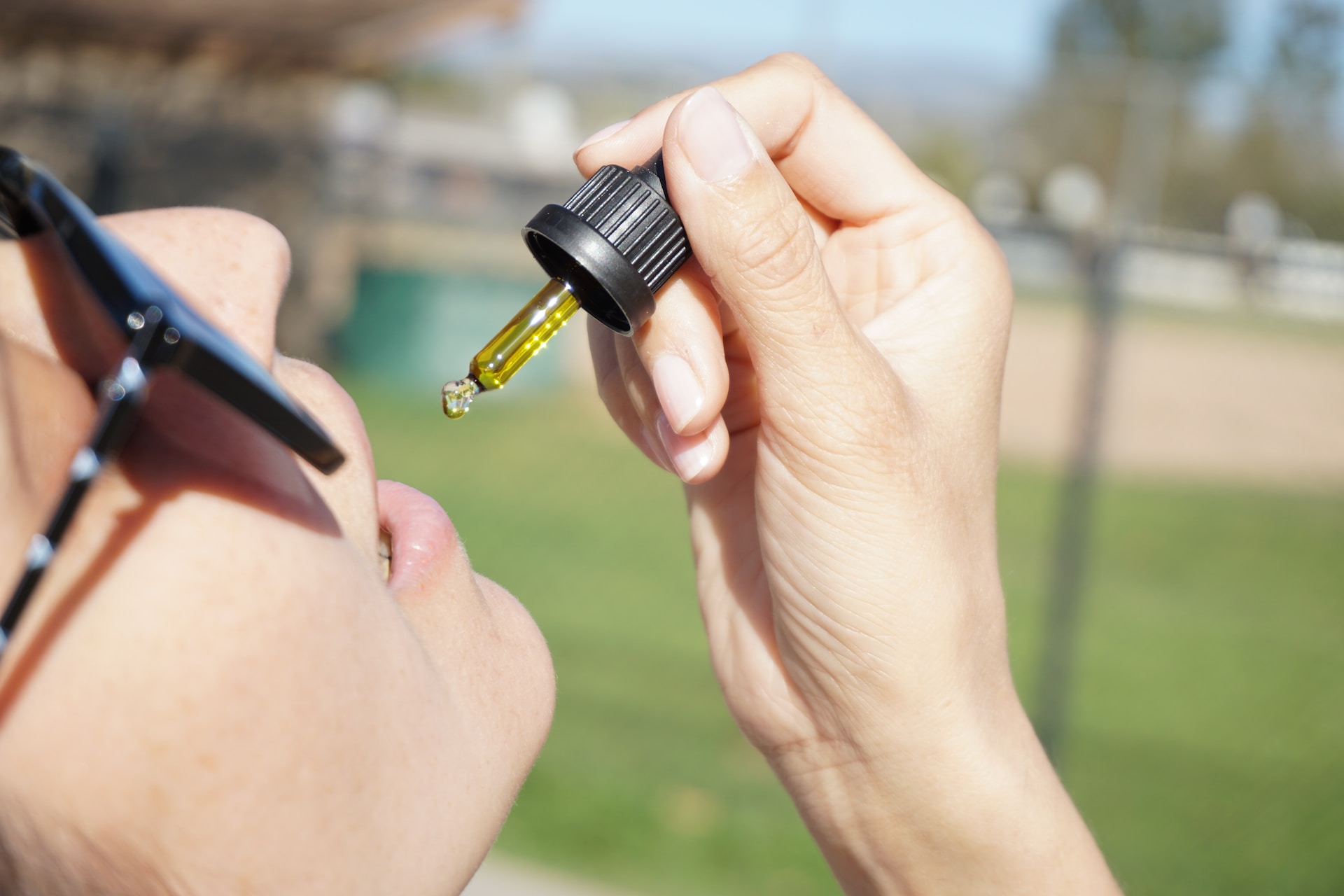
Mental health has become an increasingly important topic in society as more individuals seek support and treatment for conditions like anxiety, depression, and post-traumatic stress disorder (PTSD). Traditional pharmaceutical treatments, such as antidepressants and anti-anxiety medications, can offer relief for many individuals. However, they may also be associated with potential side effects and may not be effective for everyone. As a result, there is a growing interest in alternative treatment options, and the use of cannabis for mental health is a rapidly evolving area of research and discussion.
At 406 Essence, our mission is to provide our clients with the knowledge, resources, and high-quality products necessary for making informed decisions about their cannabis use. In this blog post, we will explore the complex relationship between cannabis and mental health, examining the potential benefits and risks of using cannabis to treat symptoms of anxiety, depression, and PTSD. We will discuss various research findings, anecdotal evidence, and the importance of understanding individual needs and circumstances when considering the use of cannabis for mental health.
Cannabis and Anxiety: Potential Benefits and Precautions
Research and anecdotal evidence suggest that cannabis may offer some relief from the symptoms of anxiety for many individuals. The primary active compounds in cannabis, THC and CBD, have both demonstrated potential anxiolytic (anti-anxiety) properties. However, the effects of these cannabinoids can vary significantly depending on the dosage and individual reactions. Key points to consider when exploring cannabis as a potential anxiety treatment include:
- CBD vs. THC: CBD, a non-psychoactive cannabinoid, has shown potential as a promising treatment for anxiety without the “high” associated with THC. On the other hand, THC may provide relief for some individuals but could exacerbate anxiety symptoms in others, especially in higher doses.
- Strain Selection: Cannabis strains can have varying levels of CBD and THC, with certain strains possessing a more balanced ratio. It is crucial to choose strains with the desired cannabinoid profile to achieve the best results in addressing anxiety symptoms.
- Optimal Dosage: Finding the right dosage is essential, as the effects of cannabis on anxiety can be dose-dependent. It is recommended to start with a low dose and gradually increase if needed, monitoring the response to determine the optimal amount for each individual’s needs.
Exploring the Use of Cannabis for Depression
The relationship between cannabis and depression is multifaceted, with several studies showing potential benefits, while others indicate potential risks. Here are some essential factors to consider when looking into cannabis as a treatment for depression:
- Potential Mood-Lifting Effects: Some research suggests that various compounds within cannabis, such as THC and CBD, may have antidepressant properties by interacting with the endocannabinoid system, which plays a role in mood regulation.
- Strain Selection: Specific cannabis strains may be more conducive to targeting depression symptoms, particularly those high in CBD or THC strains known for their uplifting effects.
- Short-Term vs. Long-Term Use: While some individuals may experience relief from depressive symptoms with short-term cannabis use, long-term use could pose risks or exacerbate pre-existing mental health concerns, emphasizing the importance of monitoring and moderation.
Cannabis as a Potential Treatment for PTSD
Post-traumatic stress disorder (PTSD) is a complex and often debilitating condition affecting individuals who have experienced trauma. Research is still limited on the effectiveness of cannabis for PTSD treatment, but some studies and anecdotal evidence suggest potential benefits:
- Alleviating Symptoms: Cannabis may help reduce the severity of PTSD symptoms, such as nightmares, flashbacks, and negative thoughts, by modulating the body’s endocannabinoid system, which plays a role in memory, mood, and stress regulation.
- Enhancing Sleep: As adequate sleep is essential for overall mental health and well-being, the potential sleep-promoting effects of some cannabis strains may be particularly beneficial for individuals with PTSD who struggle with sleep disturbances.
- Selection of Appropriate Products: As with other mental health conditions, the choice of cannabis strains or products is crucial for effectively addressing PTSD symptoms. Tailoring cannabinoid profiles and consumption methods to an individual’s specific needs can help maximize the therapeutic potential of cannabis in PTSD treatment.
Navigating the Risks and Benefits: Tips for Safe Cannabis Use in Mental Health
Cannabis use for mental health comes with potential benefits and risks, and the individual response to cannabis can vary widely. Implementing some best practices can help maximize the benefits while minimizing potential adverse effects:
- Educate Yourself: Understanding the potential benefits, risks, and complexities associated with cannabis use is essential before embarking on a treatment plan for anxiety, depression, or PTSD. Consultation with a healthcare professional experienced in cannabis-related treatments is highly recommended.
- Start Low and Go Slow: Begin with a low dose, especially for products containing THC, and gradually increase the amount based on your individual response. Monitoring your symptoms and reactions can help determine the optimal dosage for your needs.
- Maintain Open Communication with Healthcare Providers: Discuss your interest in using cannabis for mental health with your healthcare provider to ensure safety and monitor your progress while receiving their expert guidance.
Conclusion
The potential benefits and risks of cannabis use in mental health are nuanced and complex, and research is still ongoing. However, emerging evidence suggests that cannabis may offer some relief for individuals struggling with anxiety, depression, or PTSD. By gaining a thorough understanding of the relationship between cannabis and mental health, individuals can make informed decisions about integrating cannabis into their treatment plans.
At 406 Essence, we provide our clients with the knowledge, resources, and quality products needed to make informed decisions about their cannabis use. Visit our cannabis dispensary in Billings, Montana today, and let our expert team help you discover the potential of cannabis in addressing your mental health needs and supporting your journey to wellness.

